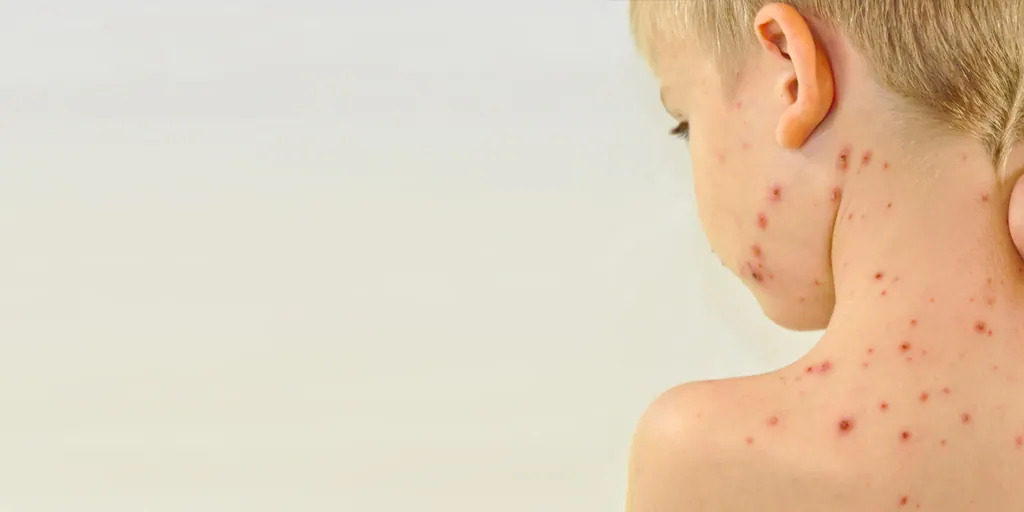WHO warns of measles cases among poorly vaccinated people in Europe

The European continent has seen an alarming increase in measles cases in recent months, mainly due to a reduction in immunization campaigns. The World Health Organization (WHO) warned this Friday that the health consequences could be dramatic. “Vaccinate yourself and your children,” WHO recommends in light of a resurgence of measles cases in recent months. Around 42,000 cases were reported in Europe last year and there are fears of a resurgence this year due to falling vaccination rates.
According to Lisa Manning, the agency’s vaccine team leader, “people don’t realize the risk of not getting vaccinated.”
This virus is one of the most contagious in existence, and there is currently no specific treatment for measles. Only high vaccination coverage can eradicate the disease, and WHO hopes this will happen in the future, although it cannot predict when. “The vaccines are scientifically proven and have minimal side effects,” Manning said.
“It is normal for people to be worried and want to be informed, but they should trust the vaccine because it has been around for decades,” he added.
Although measles vaccination is mandatory, there are some populations that are not vaccinated, such as adolescents, young adults, or people living in areas away from health care facilities. To ensure that the circulation of this virus is stopped, it is important that the entire population is vaccinated and that vaccination records are kept up to date.
In Europe, the measles virus has been actively circulating since the end of the Covid-19 pandemic. During the pandemic, this virus practically did not circulate. However, 2023 saw a significant increase in the number of cases. According to WHO data for January 2024, from January to November last year, 2,242 cases were recorded in Europe.
Mild side effects
The UN health agency is warning about the dangers of not getting the second dose because it has found that the majority of measles cases occur in people who have not been properly vaccinated. Due to low vaccination coverage in Europe, the number of cases is expected to continue to rise in the coming months.
“With two doses of the vaccine, it is very rare to get measles, and if you do get measles, it will be mini-measles,” Manning explained. As for possible side effects, they are very mild and do not always appear. A slight fever or inflammation of the eyes that lasts only a few days,” he emphasized.